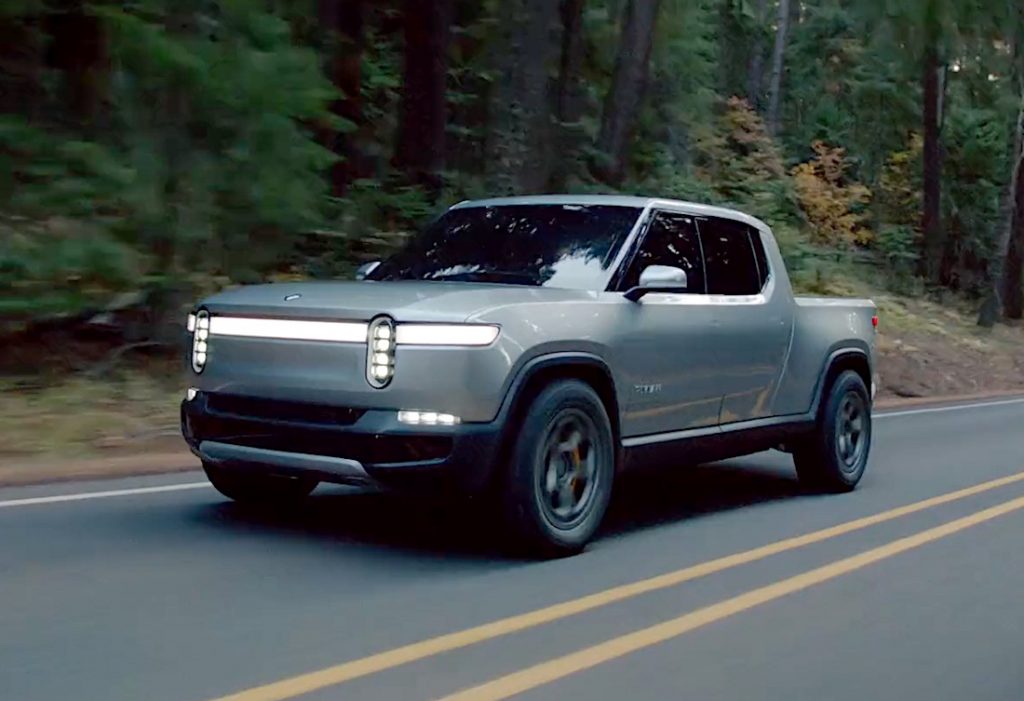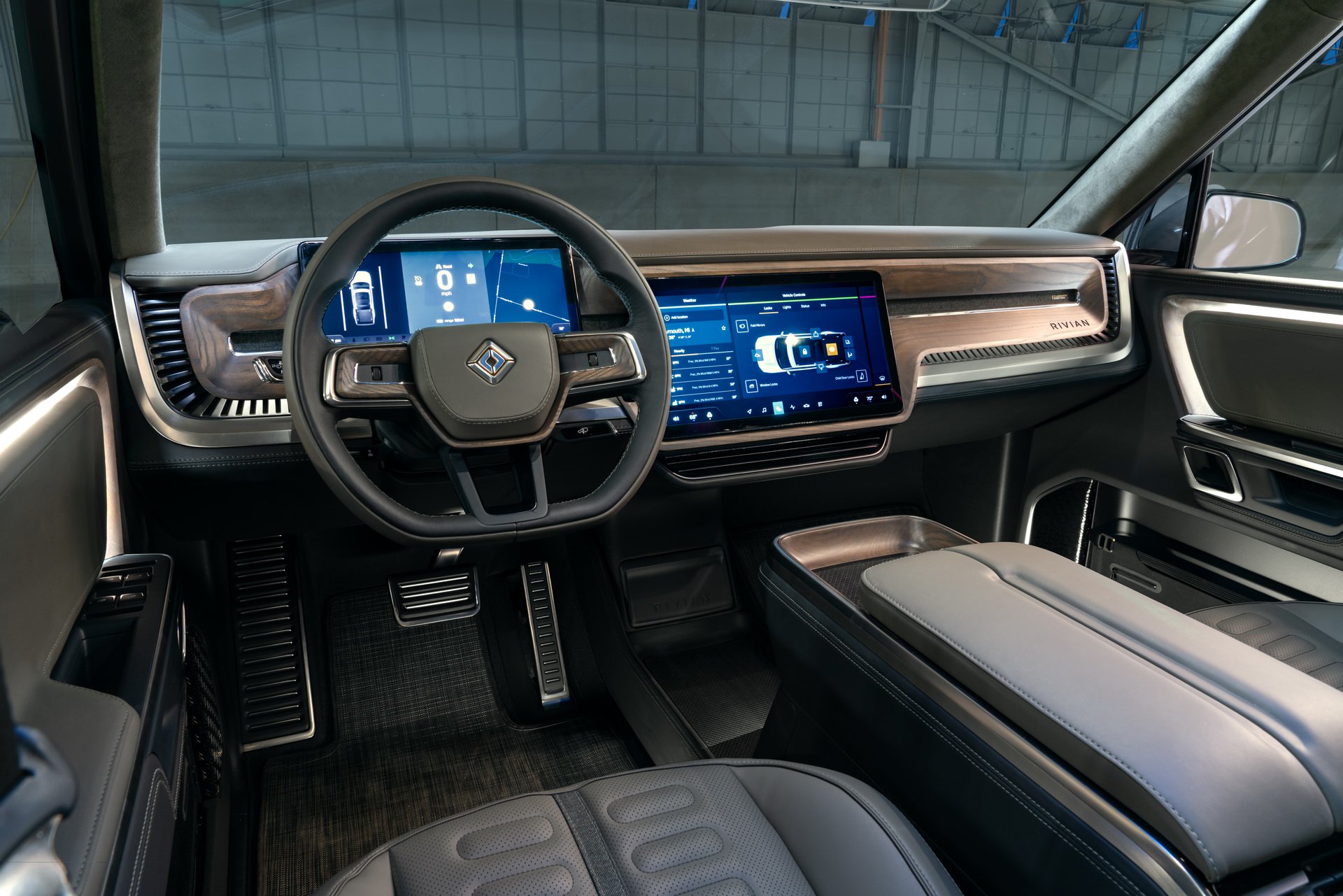Big Tea wrote: ↑05 Dec 2018, 01:26
Just_a_fan wrote: ↑05 Dec 2018, 01:05
Big Tea wrote: ↑05 Dec 2018, 00:46
Hmmm, I wonder who paid for the roads to be constructed and maintained anyway?
Before the abolition of toll roads, the people paying the tolls to use the roads.
Since the abolition of toll roads, everyone. Roads have been paid for out of general taxation since Churchill removed "road tax" as the source of funding in 1937.
The problem now, of course, is maintaining the roads and that still requires expenditure and that must, ultimately, come from the tax payer one way or another.
Up until quite recently I always paid a considerable sum to have a round paper on my windscreen.
It was claimed it was for the upkeep and expansion of the road network, but probably covered the civil service pension.
They Then decided that if you did not make all that nasty gas, you did not have to pay it, so most manufacturers (inc VW) developed non smoking cars. It seems that income tax and local rates now cover roads, which I pay if I drive or not.
I don’t think you fully understand the UK taxation system,or maybe you do and just wanted to make a point.
In general none of the taxes we pay are targeted to a particular expenditure stream. This is colloquially called ring-fenced and in government circles hypothecation. It is you who chooses to link a particular tax to a particular activity, just because it’s called road fund licence doesn’t mean it’s for roads. Just as tobacco excise duty isn’t for smoking related functions of government, or alcohol excise duty to dealing with beer consumption.
In theory taxation serves just two purposes. It raises revenues for the purpose of spending on activities you, via your democratic vote, choose as important to you and the society you live in. It also serves to manipulate behaviour, again to better serve the society.
Right now the fuel excise duty and vehicle tax are set to raise an amount of revenue for government expenditure and try to manage the choice of vehicles people drive in order to encourage the use of vehicles that emit less CO2. Electric vehicles pay neither. As electric vehicles become more common the absolute revenue raised by those two taxes will go down and another way of raising taxes will be needed. When choosing new taxes they will have to take into account the ability of people/organisations to pay, how likely it is that they can avoid paying (market theory to the fore) and whether a behaviour that is beneficial to society is encouraged or discouraged. The choice of what to tax will be made by politicians you elect who will be advised by civil servants who will then write the legislation that enacts the tax.
Charging for road use would be such a method of taxation. It would require serious research into the technologies needed (some have already been done). Research into usage patterns and the pricing strategy that would replace the previous revenue streams. Research and decisions on what behaviours to encourage or discourage. Perhaps charging at a higher rate for short journeys to encourage use of walking, cycling, skateboarding. Etc.
There are many interlinked and extremely complex issues. For example my previous company built a new office. To discourage car use the local lawmakers insisted it had less car parking spaces than needed. I took the hint and replaced my 30 mile drive with cycle-train-cycle. And that was fine until enough did so and the train doorways became clogged with cycles. As a consequence cycles were banned on the trains I used, and back to driving.
One of the most difficult issues to face as we switch will be the increasing use of emotive language by politicians and lobbyists, learned from the advertising industry and increasingly effective due to the endeavours of behavioural psychologists and big data manipulators. And it’s catching. We all do it.
My own, not deeply researched, view would be that we might move to road pricing along the lines of mx-c. Where c is an allowance to keep the taxation away from those who cant afford to pay. M would vary on say, journey type (short/long), vehicle type, locality and say, time of day. That would encompass autonomous ride hailing, different m?, which is a likely spanner in the works of any taxation scheme.
Fortune favours the prepared; she has no favourites and takes no sides.
Truth is confirmed by inspection and delay; falsehood by haste and uncertainty : Tacitus



